Are you looking to set up a business? Or perhaps you want to expand your existing business or diversify your business operations.
Whatever your plans are for your business, chances are, you need capital.
The old saying that it takes money to make money rings as true today as it did for previous generations. You can rarely expand operations, invest in the future or change your business structure without an injection of capital.
Some business owners can reinvest their profits into the company to improve business performance. Others can secure a small business loan or use personal savings.
But what can you do when you don’t have savings to fall back on, and you can’t get a business loan?
Bad credit (or adverse credit history) is one of the main reasons business loans are refused. But having a poor credit rating and credit history doesn’t mean all is lost.
Here’s everything you need to know about getting a business loan on bad credit.
What Are Bad Credit Business Loans?
A bad credit business loan, also called a low credit loan, is designed especially for those companies where the business’s credit score is low. Poor credit history will mean that many high street banks and business finance lenders will be unwilling to offer you an unsecured loan (or even secured loans).
Because of this, you may have to speak to specialist business loan providers (or bad credit business brokers) who deal with companies with an adverse credit history.
Business loans for low credit scores may not come with the best terms or favourable interest rates, but they are designed so that you can access business funding no matter what your credit rating is.
Often secured business loans require the business owner to use collateral (such as existing business assets) as equity or have a secondary person co-sign the agreement to guarantee that the loan will be repaid (effectively guarantor loans).
These types of loans are often approved much faster than traditional loans, which despite the higher interest rates and stricter terms & conditions, appeal to some business owners as they need money fast and cannot wait months for a bank to approve it.
What Is A Bad Credit Business Loan?
There are a host of reasons why an owner needs to get a business loan, from paying unexpected bills, and investing in new equipment, to fixing broken machines and hiring new staff.
Bad credit business loans can often help with a temporary cash-flow problem or the need for a quick cash injection into the company.
Bad credit loans are a good option for people who have previously struggled with bankruptcy, failed businesses or legacy debt.
A previous business failure should not be why your new business idea fails.
New businesses can take advantage of business finance providers who specialise in this area – as they will not have had time to build up a positive credit history. In these circumstances, the business owner will likely have to provide a personal guarantee.
Small business loans can range anywhere from £5,000 to £500,000.
Your Personal Credit Rating
While specialist lenders are more willing to lend to people with a bad credit rating, they will still want to know your credit score. What’s on your credit file will have a significant impact on how much you can borrow and the interest rate.
Your personal credit score will range between 300 to 850. The score is based on any previous loans, debt, credit cards, and mortgages you’ve had in the past. If you always repay your debts on time, you get a higher score. If you have been late with repayments, defaulted on credit cards or declared bankrupt, credit agencies will assign a lower score.
Personal credit scores are banded as follows:
- Exceptional (800 – 850)
- Very good (740 – 799)
- Good (670 – 739)
- Fair (580 – 669)
- Poor (300 – 579)
Your Business Credit Score
Similar to personal scores, a business credit score is based on its prior credit record. Most business credit reference agencies use a range between 0 – 100. The closer to 100 the score is, the easier it will be to borrow money from traditional lenders.
These are banded as follows:
- Very low risk (90 – 100)
- Low risk (80 -90)
- Below average risk (50 -80)
- Above average risk (25 -50)
- High risk (15 -25)
- Maximum risk (2 – 15)
- Imminently failing company (1)
- Failed company (0)
The score is a representation of your business’s creditworthiness, and lenders use it to determine whether or not to approve your business loan application.
As you would expect, high scores are essential for any business owner looking to secure finances such as unsecured business loans.
Arranging A Bad Credit Business Loan
Depending on the size of the loan you are after and your business’s financial history, you will need to find a lender who offers business loans to companies with bad credit scores.
In these current times, a British business bank is unlikely to help at all. Finding a broker who deals with bad credit businesses is your best bet.
They will be able to speak with their portfolio of lenders to find a better interest rate, and less restrictive terms and who offer a higher chance of the business loan being approved.
In most cases, the lenders will credit check business loans to ensure they can repay debt before they provide finance. They may also ask for further information about your business sales, see business plans, ask about the owner’s personal finance history or perform credit checks on board members.
However, the process for fast business loans for bad credit generally involves minimal paperwork, and in some scenarios, the funds can be transferred into your business account the same day.
Certain finance providers also offer pre-approval if you need regular business loans. If cash flow is an issue and you require monthly loans to get you through, you can choose a recurring loan or get pre-approved so that you can apply more easily next time.
However, just because you can get approved for a loan doesn’t necessarily mean it’s the right finance option.
You might be better considering other options such as asset finance, invoice finance or R&D tax credits to provide business funding.
What To Look Out For
Most lenders will have a checklist of things you need in order to apply for a loan. And while some lenders might want to speak with you in person or over the phone, in some cases, you can be approved online – you should also ask them some questions.
Some things to ask include:
- What is the maximum and minimum loan amount they offer?
- Do they have flexible loan repayments?
- Do they offer early repayment?
- Is there any loan late fees?
- When will the funds be released?
- Are they an official lender who is FCA registered?
- What are the business loan terms and conditions?
Once you’re happy that you have found the right lender, you can make your application.
If the broker or lender is an experienced firm, then they should make the process simple. Some lenders guarantee you can have money in your account within 24 hours.
How You Can Benefit From A Business Loan With Bad Credit
Many business owners are hesitant to apply for a loan, especially if their existing credit history isn’t great. Applying for a business loan on bad credit has a bad reputation – it is often seen as a last resort or comes with high-interest rates.
But there are many ways in which low-credit business loans can be beneficial:
1. Improve your credit score
Sometimes, applying for a loan from a traditional high street bank and being refused will harm your score. However, getting approved for a bad credit loan from a specialist lender can be the first step to improving your credit score.
Since your credit rating is based on your history of repaying loans, getting a bad credit business loan and repaying it on time or early, can increase your score. Taking out this type of business loan and successfully repaying it is a great way to boost your score.
2. Invest in your business
In most cases, investing in your company is the number one reason for applying for a business loan. Many business owners take out loans or rely on their savings, particularly during the early stages of a start-up business.
Having access to some funds to invest in supplies, staff, marketing, or equipment could be all you need to take your business to the next level. A loan will enable you to grow.
3. Consolidate debt
If you have outstanding debt from multiple debtors, a business loan can be a great way to consolidate your debts into one place.
Working with one lender will allow you to pay off the other debts. This makes it easier to manage a repayment schedule and ensures you only have to keep track of one interest rate.
4. Gives you flexibility
Getting a business loan every month can be an efficient way to handle cash flow problems. Even if you don’t need a large amount of money, it can bridge the gap between paying bills and receiving money from clients, giving you breathing space.
You can focus on running and growing your business without worrying about cash flow issues.
Business Loan With Bad Credit Conclusion
A poor credit score shouldn’t hold you back when it comes to accessing funding for your business.
With a range of low credit score business loans available, you can access capital when needed.
But, and it’s a big but, traditional banks are unlikely to go lending money to larger companies with a bad business credit score or small businesses with a poor credit history.
That leaves specialist lenders who will look at your credit file sympathetically and more likely approve a business loan without making you jump hoops.
Take control of your future today and get in touch to see if we can find you a lender for a bad credit business loan.




